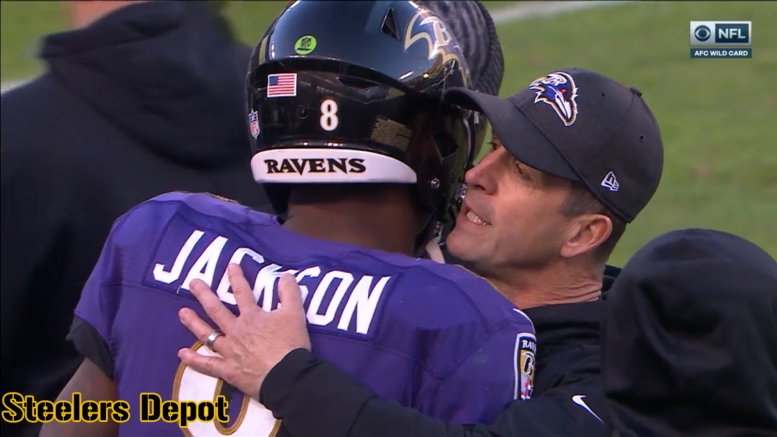The Denver Broncos and veteran quarterback Russell Wilson agreed to terms on a five-year contract extension yesterday, which makes him the second-highest paid player in the history of the game behind only Aaron Rodgers, the first and so far only player to hit $50 million per year on his contract.
Wilson came darn close, yet the discussion surrounding his contract has not been about the overall amount, but rather the guaranteed portions. Signing for $245 million over five years, that is a $49 million-per-year average, but it includes only a $50 million signing bonus and $161 million total guaranteed, of which a fair proportion is probably only guaranteed for injury.
Why is this such a topic now? Well, for two reasons, which are tied together. For one thing, the youngest-ever and second-ever unanimous league MVP, Baltimore Ravens quarterback Lamar Jackson, is still negotiating his own contract extension, and the clock is ticking faster and faster before the start of the regular season, having previously said that he doesn’t intend to negotiate in-season.
It is believed (in part because he hinted at it) that Jackson, who represents himself, is seeking a fully-guaranteed contract similar to what the Cleveland Browns, a division rival, gave Deshaun Watson. But Watson had the Browns over a barrel since they had to acquire him via trade, and fully guaranteeing the contract was the persuasive selling point that landed him there rather than elsewhere.
General managers were doing victory laps yesterday and agents were gnashing their teeth over the Wilson contract, with front offices celebrating the fact that they can continue to stick Watson’s contract with the outlier label. Some agents have even vilified Wilson and implied that he is getting something under the table from the team for towing the company line and not demanding full guarantees.
After all, Wilson was also a trade acquisition, and a new contract was a pre-requisite part of his being agreeable to going to Denver, even if it wasn’t explicitly stated. But there was no open bidding war for him the way there was for Watson. His trade came as a surprise; Watson’s was a year in development and awaited only word that he wasn’t imminently facing criminal charges.
So what does this all mean for Jackson? Well, it makes it a lot harder for him to get a deal done, if it is indeed the case that he is taking a hardline stance on a guaranteed contract. Could he settle for a shorter-term deal of two or three years that is fully guaranteed? Or could he concede the full guarantees altogether?
Alternatively, he could simply choose to play out the final year of his contract and attempt to find himself in Watson’s shoes (irrespective of massage therapy requirements) next year. If he plays out the year, the Ravens will inevitably tag him, but if he tells him that he won’t sign any tag or any offer unless he gets a fully-guaranteed contract, then Baltimore, which has already openly stated its opposition to the Watson contract, could potentially be forced to trade him to a team that is willing to give him what he wants, or at least get closer to it than they will.








